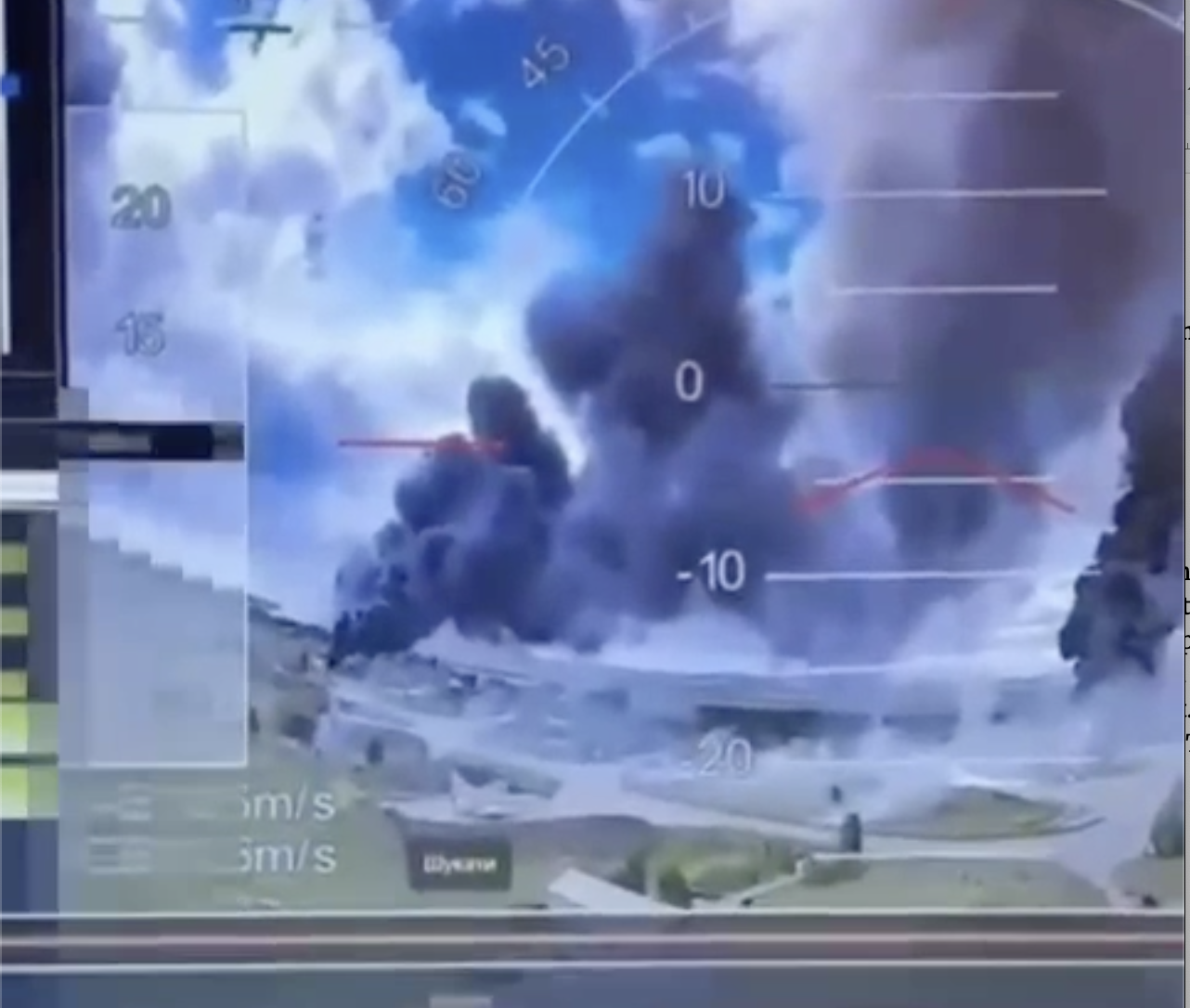An operation by Ukraine’s Security Service (SBU) has hit “more than 40” Russian bombers at air bases “in the rear of the Russian Federation,” a source in the agency told the Kyiv Independent on June 1.
“Enemy strategic bombers are burning en masse in Russia — this is the result of a special operation by the SBU,” the source said.
Video provided by the source shows what appears to be a row of heavy bomber aircraft on fire at an undisclosed location.



First, I am not a Russia fan or apologist.
…But the Soviets made some good shit, often with the philosophy of “big and simple,” but often well engineered, too. Soyuz has been so reliable it’s unreal, hence it sent astronauts from around the world to space for decades because nothing else was dependable enough.
They did tons of real, oldschool nuclear testing, not simulations like newer powers. They knew what they were doing.
Hence, asserting most of Russia’s warheads are duds is quite an assumption. It’s quite possible. But there’s enough of a track record for the threat to be very real.
With the warheads its not an engineering issue, the fissile material simply stops being viable after a while and you can’t engineer around that, so the question is less about quality and more about if anyone ever replaced that stuff, or if it was replaced if that fissile material was of high enough quality and not say, a block of wood and a new yacht.
Not to mention the high explosives used to trigger nuclear chain reactions degrades over time as well. There are lots of parts to a nuclear weapon that must be regularly maintained/replaced for the weapon to remain viable.
I agree about older Soviet engineering, it’s a bit of a result of digital automation being less available due to domestic computer research being shot down politically in favor of copying IBM and DEC, and also having worse abilities at minimization.
Hence Soviet engineering is how you’d approach building a spacefaring civilization with a slide rule as the baseline instrument, and mostly analog components of everything. That does feel cool.
About warheads - there’s an issue of half-life with nuclear warheads, so that they “rot” is not in doubt, the question is how good the maintenance was.
Fissile material (enriched uranium and plutonium) has a long half-life.
AFAIK tritium is the biggest issue, with a half life of 12.3 years. From what I’ve read, nukes have little feeder tubes to replenish that.